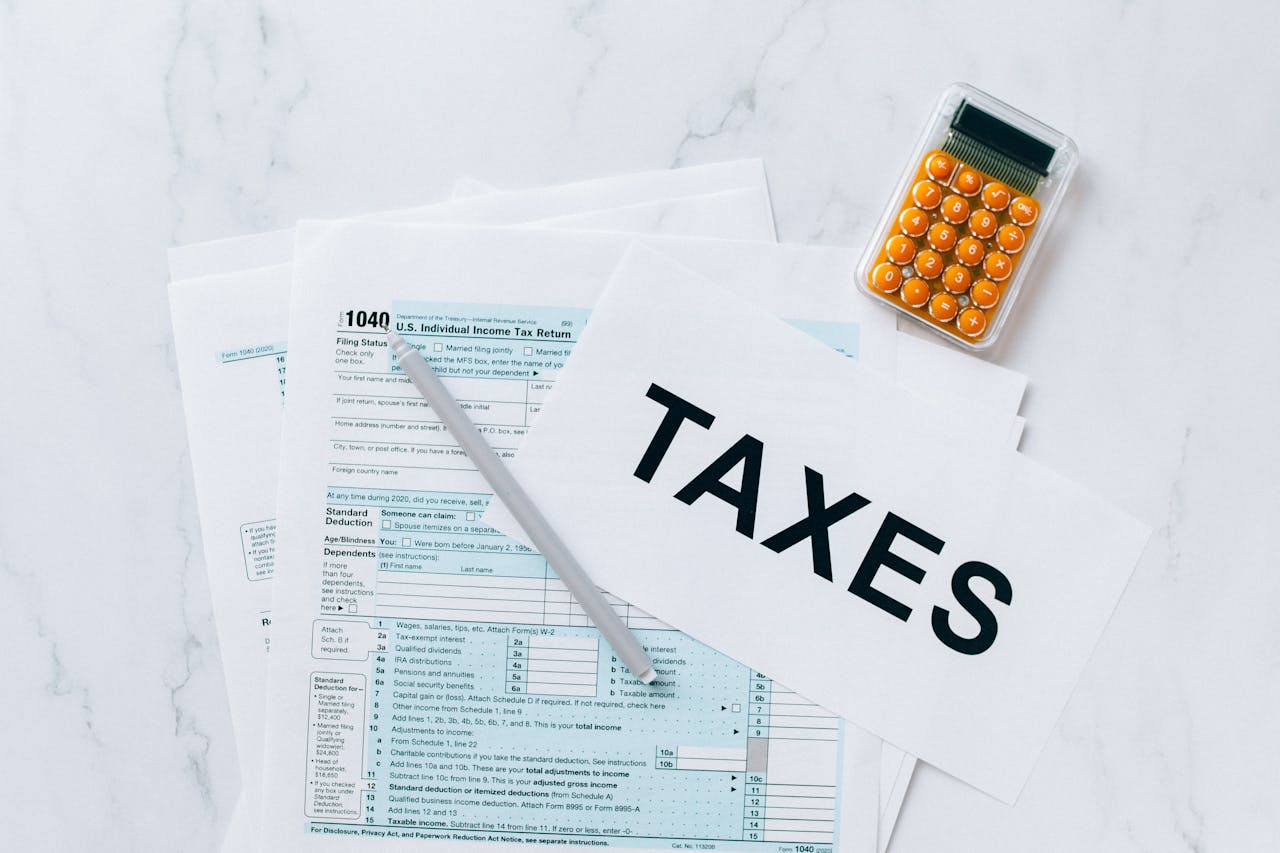Tax Crime and Fraud Investigation Course

| Date | Format | Duration | Fees (USD) | Register |
|---|---|---|---|---|
| 15 Feb - 19 Feb, 2026 | Live Online | 5 Days | $3785 | Register → |
| 25 Mar - 27 Mar, 2026 | Live Online | 3 Days | $2625 | Register → |
| 10 May - 14 May, 2026 | Live Online | 5 Days | $3785 | Register → |
| 22 Jun - 03 Jul, 2026 | Live Online | 10 Days | $7735 | Register → |
| 16 Aug - 20 Aug, 2026 | Live Online | 5 Days | $3785 | Register → |
| 14 Sep - 22 Sep, 2026 | Live Online | 7 Days | $5075 | Register → |
| 02 Nov - 20 Nov, 2026 | Live Online | 15 Days | $11515 | Register → |
| 09 Dec - 11 Dec, 2026 | Live Online | 3 Days | $2625 | Register → |
| Date | Venue | Duration | Fees (USD) | Register |
|---|---|---|---|---|
| 19 Jan - 23 Jan, 2026 | Houston | 5 Days | $6835 | Register → |
| 09 Feb - 13 Feb, 2026 | Athens | 5 Days | $6305 | Register → |
| 18 May - 29 May, 2026 | Dubai | 10 Days | $11085 | Register → |
| 29 Jun - 17 Jul, 2026 | Mauritius | 15 Days | $12525 | Register → |
| 13 Jul - 17 Jul, 2026 | Istanbul | 5 Days | $6305 | Register → |
| 03 Aug - 07 Aug, 2026 | Dubai | 5 Days | $5775 | Register → |
| 25 Oct - 05 Nov, 2026 | Amman | 10 Days | $11085 | Register → |
| 02 Nov - 04 Nov, 2026 | Windhoek | 3 Days | $4680 | Register → |
Did you know that organisations implementing comprehensive tax crime investigation training programs achieve 30-40% improvement in fraud detection rates and investigation success through systematic understanding of forensic accounting techniques and evidence analysis methodologies? This compelling statistic underscores the critical importance of advanced tax crime investigation expertise in today’s complex financial crime environment.
Course Overview
The Tax Crime and Fraud Investigation Course by Alpha Learning Centre is meticulously designed to equip professionals with essential skills in mastering tax fraud detection, enhancing investigation techniques, and strengthening evidence analysis capabilities. This course focuses on forensic accounting methodologies, AI-powered fraud detection systems, and prosecution strategies to ensure participants can effectively navigate the sophisticated landscape of modern tax crime investigation and regulatory enforcement.
Why Select This Training Course?
Selecting this Tax Crime and Fraud Investigation Course offers numerous advantages for professionals involved in HMRC investigations, tax fraud analysis, and forensic accounting. Participants will gain advanced knowledge of VAT fraud detection, offshore evasion investigation, and money laundering identification techniques. The course provides hands-on experience with state-of-the-art digital forensic tools and real-world case studies, enabling attendees to optimise their investigation strategies effectively.
For organisations, investing in this training enhances overall fraud detection capabilities and reduces prosecution timelines. By ensuring that personnel are well-trained in forensic accounting techniques and evidence analysis methodologies, organisations not only protect their assets but also build sustainable practices. Research shows that tax authorities employing qualified investigators with advanced training reduce investigation cycle times by 25-35% through systematic implementation of forensic accounting methodologies while maintaining high prosecution success standards. GSC Advanced Research Reviews demonstrates how AI-enhanced fraud detection systems achieve up to 85% improvement in fraud detection rates compared to traditional rule-based approaches.
Individuals who complete this course will benefit from enhanced career prospects as they become more valuable assets in their respective fields. The skills acquired through this training can lead to professional growth and increased responsibilities within their organisations. Studies indicate that tax crime investigation professionals with advanced qualifications report 35-45% salary increases and enhanced career mobility across tax authorities, regulatory bodies, and forensic accounting firms. Research on forensic accounting competency demonstrates how mastery of fraud detection, evidence analysis, and prosecution strategies positions professionals for senior roles in HMRC investigation departments and international financial crime agencies.
Transform your tax crime investigation capabilities – Register now for this critical advanced training programme.
Who Should Attend?
This course is suitable for:
- HMRC investigators
- Tax fraud analysts
- Forensic accountants
- Compliance officers
- Tax lawyers
- Financial crime specialists
What are the Training Goals?
This course aims to:
- Master tax fraud detection
- Enhance investigation techniques
- Strengthen evidence analysis
- Improve prosecution strategies
- Optimise penalty enforcement
- Analyse cross-border crime
How will this Training Course be Presented?
The Tax Crime and Fraud Investigation Course employs a comprehensive and innovative approach to ensure maximum knowledge retention and skill development. Expert-led instruction from seasoned tax crime investigation professionals forms the core of the course, providing up-to-date insights into modern fraud detection methodologies and practical applications for today’s complex financial crime environment.
The course utilises a blend of theoretical understanding and practical applications, allowing participants to apply their knowledge to realistic scenarios. Advanced educational methodologies create a personalised and engaging learning journey through:
- Case studies from tax fraud cases
- Interactive forensic workshops
- Expert-led investigation simulations
- Group exercises for evidence analysis
- Digital tools for fraud tracking
- Mock prosecution scenarios
Join us now and elevate your tax crime investigation expertise to new heights!
Course Syllabus
Module 1: Identifying Tax Fraud Schemes
- Detect evasion indicators
- Analyse carousel fraud patterns
- Assess offshore account trails
- Evaluate sham transaction risks
- Monitor fraudulent deductions
- Use fraud detection software
- Align with HMRC protocols
- Integrate whistleblower inputs
Module 2: Forensic Accounting for Tax Crime
- Analyse financial statement discrepancies
- Assess cash flow manipulations
- Evaluate profit suppression tactics
- Monitor accounting fraud risks
- Use forensic accounting tools
- Analyse transaction trails
- Align with GAAP standards
Module 3: Investigating VAT Fraud
- Detect missing trader fraud
- Analyse VAT carousel schemes
- Assess input tax fraud risks
- Evaluate cross-border VAT evasion
- Monitor VAT return discrepancies
- Use VAT investigation software
- Analyse supply chain fraud
- Assess penalty enforcement options
- Align with HMRC guidelines
- Manage complex VAT cases
Module 4: Offshore Tax Evasion Investigation
- Analyse tax haven structures
- Assess beneficial ownership concealment
- Evaluate offshore trust misuse
- Monitor foreign account disclosures
- Use global data exchange tools
- Align with OECD standards
Module 5: Evidence Gathering and Analysis
- Collect financial evidence systematically
- Analyse bank transaction records
- Evaluate digital evidence sources
- Monitor evidence integrity risks
- Use forensic data tools
- Assess evidence admissibility
- Manage chain of custody
- Align with legal standards
Module 6: Interview Techniques for Tax Fraud
- Conduct suspect interviews effectively
- Assess witness statement reliability
- Evaluate interview documentation
- Monitor non-verbal cues
- Use interview analysis tools
- Manage confrontational interviews
- Align with HMRC protocols
Module 7: Money Laundering and Tax Crime
- Detect laundering through tax schemes
- Analyse layering techniques
- Evaluate integration methods
- Monitor suspicious transactions
- Use anti-money laundering software
- Assess penalty frameworks
- Align with global regulations
- Manage cross-border laundering cases
Module 8: Prosecuting Tax Fraud Cases
- Prepare prosecution case files
- Assess evidence strength
- Evaluate plea bargain options
- Monitor prosecution timelines
- Use case management tools
- Analyse court rulings
- Align with legal standards
Module 9: Penalty Assessment and Enforcement
- Calculate fraud penalty liabilities
- Assess mitigation factors
- Evaluate penalty appeal processes
- Monitor penalty compliance
- Use penalty calculation tools
- Analyse non-compliance trends
- Align with HMRC guidelines
- Manage penalty escalations
- Assess voluntary disclosure impacts
- Integrate penalty frameworks
Training Impact
The impact of tax crime and fraud investigation training is evident through various real-world case studies and data, which demonstrate the effectiveness of structured programmes in enhancing investigation capabilities and organisational performance.
Research indicates that organisations implementing structured tax crime investigation training programmes have demonstrated measurable benefits in both fraud detection rates and prosecution success. A case study from the HMRC Code of Practice 9 Investigation Framework showed that applying comprehensive tax fraud investigation procedures established a systematic investigation framework with clear protocols for fraud detection, evidence gathering, and prosecution decision-making, contributing to enhanced compliance and reduced investigation timelines through voluntary disclosure mechanisms.
These case studies highlight the tangible benefits of implementing advanced tax crime investigation techniques:
- Improved fraud detection rates through systematic understanding of forensic accounting techniques and evidence analysis methodologies
- Enhanced investigation efficiency through AI-powered fraud detection systems achieving up to 85% improvement in detection rates
- Increased prosecution success through comprehensive investigation frameworks and evidence management systems
- Strengthened international cooperation through standardised investigation procedures and cross-border coordination mechanisms
By investing in this advanced training, organisations can expect to see:
- Significant improvement in fraud detection rates and investigation success indicators
- Improved ability to handle complex tax crime environments with advanced forensic accounting frameworks
- Enhanced decision-making capabilities through comprehensive evidence analysis and prosecution strategies
- Increased competitiveness through advanced tax crime investigation expertise and regulatory compliance
Transform your career and organisational performance – Enrol now to master Tax Crime and Fraud Investigation Course!






